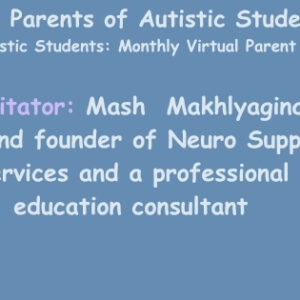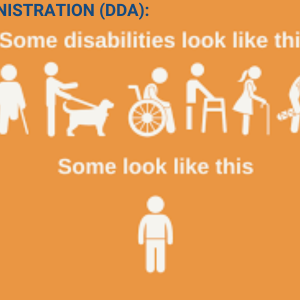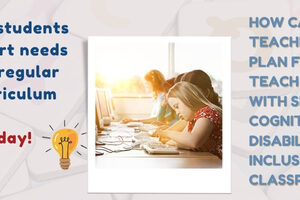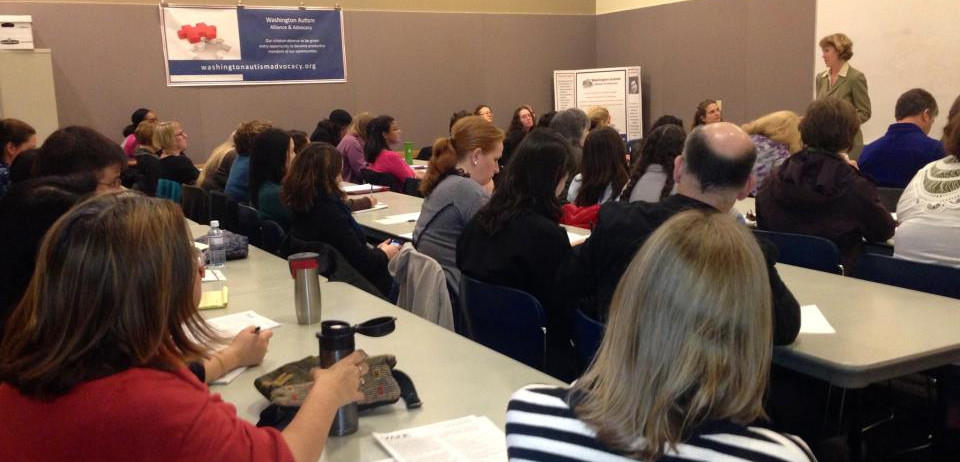
Blueprints for Special Education Online Workshop
Join us to understand your child’s Special Education program and rights from our state’s most experienced Special Education attorneys. Our training workshop will be held over Zoom Webinar, which allows us to mitigate geographic barriers and maintain the same level of access to the attorneys.
Meet our presenters:

Katherine George has been in private practice for more than 15 years, representing appellants and amicus parties in dozens of precedent-setting cases. She has extensive experience helping parents improve special education for children with disabilities. She was instrumental in the passage of the law regulating restraint and isolation of students in public schools. She represented children’s advocates in the landmark education funding case, McCleary v. State of WA, advocating for full funding of special education.
She also practices media/public records law.

Jessica Johanson-Kubin practiced municipal law in Eastern Washington before joining Cedar Law PLLC. She graduated with pro bono honors from the University of Washington School of Law, where she worked in the Innocence Project Clinic advocating for wrongfully incarcerated individuals. During law school, Jessica also interned with the U.S. Social Security Administration for two years and the Seattle Community Law Center representing homeless individuals with disabilities. She is a proud University of Michigan alumna and volunteer coach for Girls on the Run at local schools.
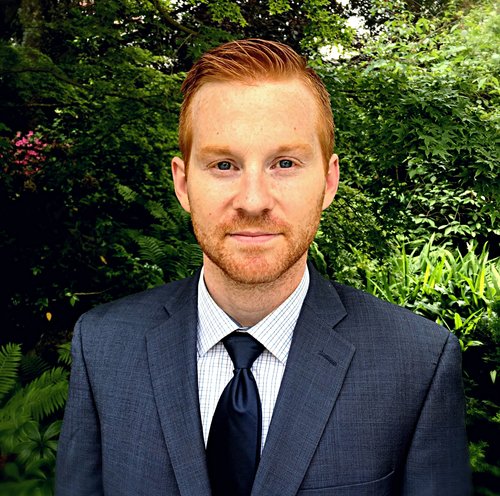
Ryan Ford of Ford Law Firm PLLC.
represents parents and students in educational legal matters. After working at an education law firm representing school districts as well as a general litigation firm, he is excited to get back to his true passion of working with and advocating for parents and students. Ryan first became interested in education law after interning with his law school’s education and disability legal clinic where he represented the educational rights of low-income students with special needs.
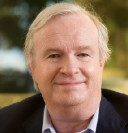
Scot Johnston
Scot Johnston is a cum laude graduate of Harvard Law School and a member of the Attorneys for Eduction Rights (AFER). He’s a past partner at Dorsey & Whitney, and Bogle & Gates of Seattle. He’s been practicing special education law with his partner, Katherine George for the past 4 years.
Schedule – Please note we leave a 15 minute buffer in the morning schedule in case any of the sessions go over by a few minutes. This will ensure the overall presentation will end on time:
9:00 – 9:15 – Meet and greet, introduction to WAA advocates, introduction to self-help resources
9:15-10:15 Group 1 – Initial Assessments, reevaluations, IEEs (60 min)
- How to formally request evaluations
- How to tie evaluations to developing effective and measurable goals
- What to do if the school did a cursory evaluation
- Evaluations for non-speaking or non-verbal students or students with challenging & disruptive behaviors
10:15- 10:30 Mid Morning Break
10:30 – 11:30 Group 2 – Writing effective IEP Goals & Tracking Progress
- An ounce of prevention that most parents are capable of advocating for that can make a big difference
- Tips for what to look for in an IEP goal and what to demand not be part of an IEP goal.
- How much data can I ask for?
- How often can progress be reported?
- Trends in how districts are reporting data.
- How to document the IEP team meeting
11:30 – 12:00 – Lunch break
12:00- 1:00 Group 3 – Full range of instructional arrangements, supplementary aids & services (60 min)
- How do I know if my student is receiving effective education?
- How do I negotiate for research based and evidence based methodology
- What if the school district’s expectation of how much progress my learner can make in a year is REALLY low?
- How can I negotiate for access to general ed. for my learner with high support needs?
- How can I negotiate for access to the gifted program if my learner has social & organization needs?
- How to secure services for students who don’t present with exceptional needs (needs fall through the cracks)?
- Transition Plans & Vocational Training
- What does 18-21 look like for college bound students with disabilities – College prep, etc.
1:00 – 1:15 – Afternoon Break
1:15 – 2:15 Group 4 – Resolving differences: Due Process; Citizen Complaints (60 min)
- Placement disagreements: How to negotiate for appropriate supports in the least restrictive environment
- What if there are no good options in the district: How & when do I negotiate for private placement
- Resolving differences: “I can’t afford an attorney, my child’s unable to benefit from digital learning, and school’s refusing in person services!” Documentation along the way in case you need to file a complaint
- How to file a citizen’s complaint.
Adjourn 2:30 pm
Interpretation Services
If you need an interpreter, you must register 30 days prior to the workshop. Each breakout session will have a staff member teamed up with our presenters to support technical aspects.
Contact Phone: 425-894-7231
Email: [email protected]


